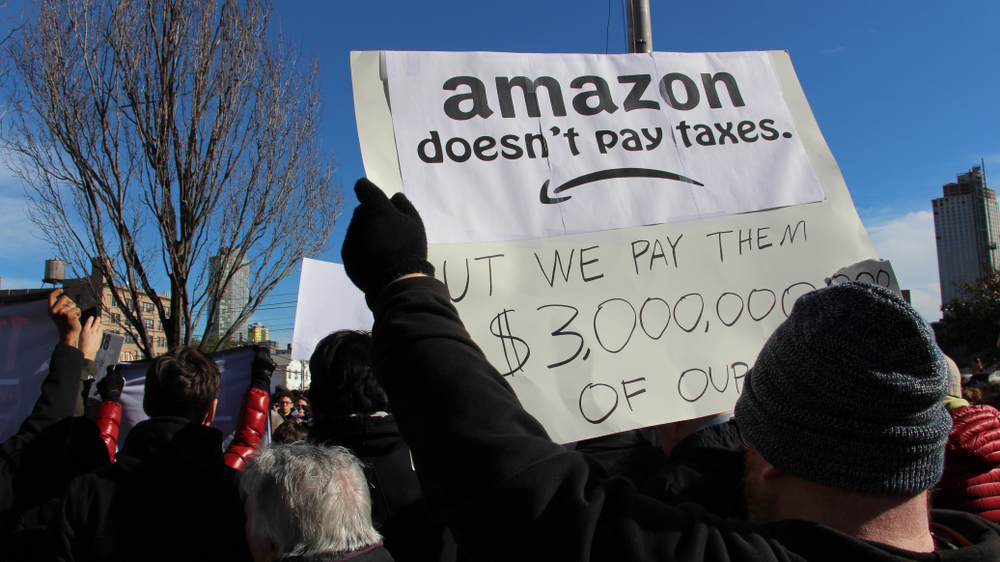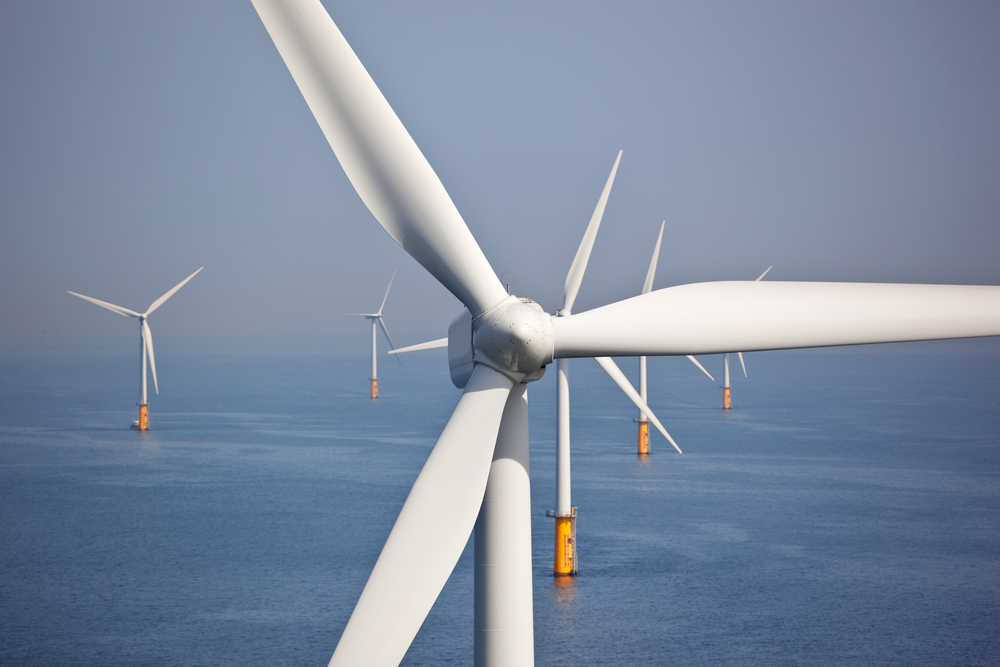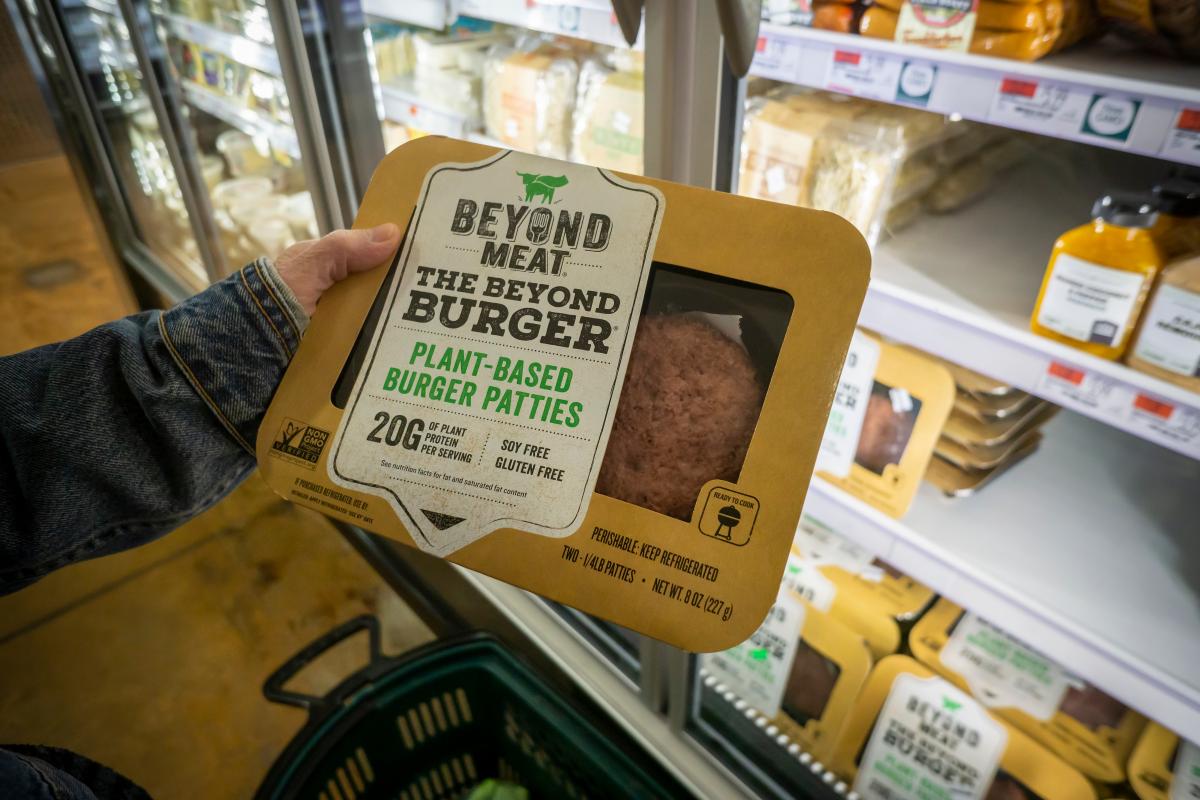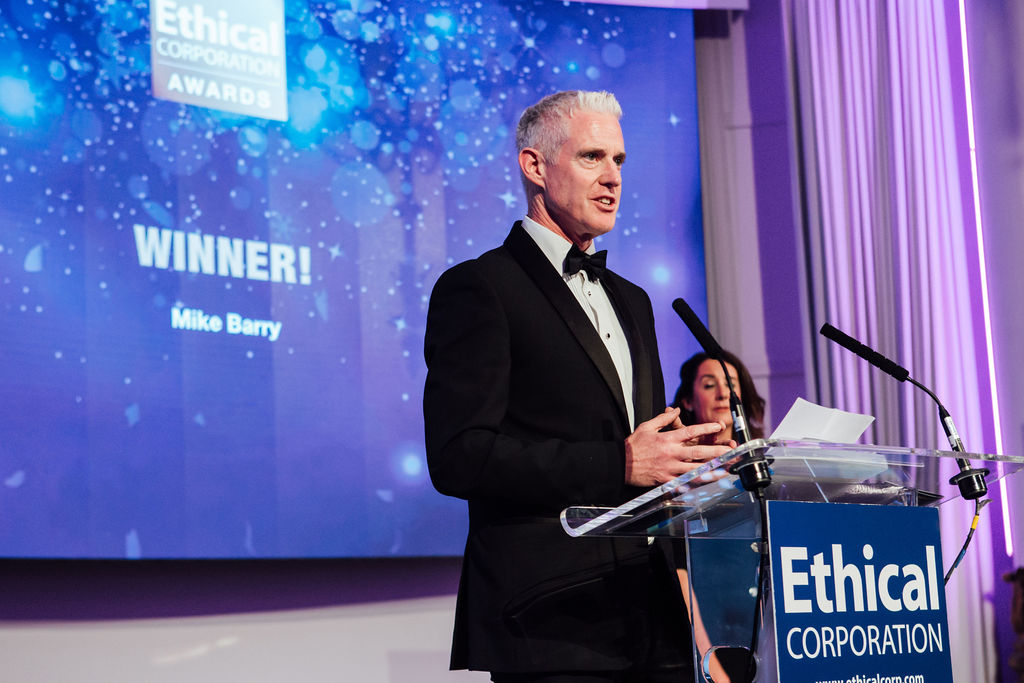Mike Barry, architect of Marks & Spencer’s Plan A, and recipient of an honoree award at the 2019 Responsible Business Awards, outlines the 10 things companies need to do to face up to the coming decade of consequences
It’s easy to get stuck in your ways as a leader, caught in the past, not looking forward and anticipating the great disruptions that are coming. So when I left M&S last summer after 19 brilliant years I was determined to re-appraise what it would mean to be a sustainable business leader in the radically different 2020s. I’ve met and listened to over 100 different people in the last couple of months and these are the 10 things they told me:
1 Movements are not the same as stakeholder engagement
Business is struggling to keep up with the momentum that is building across society calling for action on the #ClimateCrisis. The neo-liberal consensus of the last 40 years has left companies “one-eyed” in looking for signals from “professional stakeholders” – shareholders, NGOs and regulators. It’s become blind to emotional shifts in societal expectations (as opposed to functional requests for better phones). The global Climate Strikes, their scale, geographical and demographic extent, crystallises this trend, one to which companies must respond in order to remain relevant in the next decade. Intriguingly, employee movements within companies have become important catalysts for change, particularly in the tech sector.
2 Implementation is far harder than announcements
Business lags the shift in societal expectations but it’s responding. Eighty-seven companies are signed up to 1.5C science-based targets or a commitment to achieve net zero. Amazon and Google (the new swing voters of the global economy) show how ambitious business can be. But now the hard work starts. Systemically tackling the carbon footprint of every nook and cranny of your value chain is a massive undertaking and demands the efforts of your brightest and best teams. It should be a matter of pride, development and advancement to play a role on such an important project.

3 Forget lobbying against government and get behind good policy
The UK has seen a dramatic reduction in the cost of offshore wind, to the point where, unsubsidised it’s out-competing gas. Bold investment decisions and innovation breakthroughs have been key to this, but underpinning all of it has been a strong, consistent, long term policy framework. The UK’s macro framework to become net zero by 2050 is bold, but it needs many more detailed implementation policies like offshore wind to make it a reality.
The US has also seen a welcome business movement to fight moves by the Trump administration to roll back regulations on methane, lightbulbs and vehicle efficiency. Business though now needs to spin 180 degrees and go from a mindset of resisting new policy to embracing it. The UK’s Global Resources Initiative taskforce and its work on sustainable supply chains shows how government, civil society and business can co-create the right, robust long-term approach.
4 Working in partnership is key
Whilst some businesses are still looking for a point of difference from their own competitors, more and more recognise the need to collaborate to build a sustainable future. Many technical partnerships have emerged over the last decade. Now though there is a sense that these partnerships are being elevated to be owned and driven by CEOs. Paul Polman’s latest venture Imagine is doing just this, seeking to get all the CEOs in a sector to collaborate for change. How will you get your CEO and leadership team to step forward and work with their competitors to drive change?
5 Planetary safety and societal equality are two sides of the same coin
One watch-out though for all of us is a sense that the momentum behind environmental sustainability could crowd out critical social issues. Human right abuses, the uncertainties of the gig economy and growing inequality are hardly the firm foundations for a sustainable future. And as we’ve seen in the last few years, the dispossessed and left behind do not automatically flock to the flag of sustainability. The words #JustTransition keep popping up on the edge of the discussion about the #ClimateCrisis but need to become much more central to it as a #lowcarbon shift creates both winners and potential (and very vocal) losers

6 Face the elephant in the room, it’s all about consumption
So much hard work is now going into making production systems more sustainable. Although much of this work in forests, farms and factories is still sub-scale, effort is going into correcting the many ills of today’s approach. But there is virtually no debate over the fact that however much we reduce the embedded carbon (plastics, biodiversity, water, human rights abuses) in any one product these efforts will be swamped by a consuming middle class, which will grow by one billion in the next 10 years. We need to discuss and solve sustainable consumption at scale!
7 Create a new business model before someone else does
Having said that, there are more and more new models emerging of companies offering great food, fashion and finance in a much more sustainable way. Some are hitting $1bn valuation. These new business models need courageous investors, stakeholder support and consumer uptake. Equally, just as the coal industry once laughed at renewables, the car companies at EVs and the meat industry at a plant-based diet, out there lurks your (sustainable) nemesis too. Find it, replicate it, buy it, but don’t sit waiting to join the Dodo!
8 Embrace a new purpose, and make it stick
There’s been a mixed response to the Business Roundtable’s new definition of business purpose, broadened beyond the obsession with shareholder returns. While the world’s leading companies on sustainability will charge beyond it, it’s still an important re-statement of purpose for the many 1,000s of “average” companies. And outflanking them all is the B Corp movement, a serious scale alternative to the traditional plc/inc/Gmbh. We’ve been through (an uninspiring) version 1.0 of business purpose, little more than a few thrown together marketing slogans, but that’s almost the last thing to think about it. First and foremost listen to your colleagues and customers to understand what they think your purpose is, then build a culture and supporting engagement, governance and rewards to make it stick

9 Commit to hyper-transparency
The Fourth Industrial Revolution offers lots of opportunity to build a sustainable future. Perhaps most exciting is its potential to shine a light into the deep and shady recesses of business behaviour across their traditionally opaque global value chains. Much of the prevarication of consumers, employees and investors in demanding “sustainable” has been the sheer difficulty of working out easily whether a company is “good” or “bad”. New tools are making it easy, seamless to assess and point your money/time/commitment in the right direction. Reports and supply chain maps offer a little transparency today. The future is about real time, useful insight on the realities of what you do, every hour of every day, everywhere.
10 Empower and reskill your teams
And finishing off where we started. A new movement of energised young people will help create a better future. But they will not collectively run the companies, banks and governments that shape our future for at least a decade, probably longer. And we don’t have time to wait for them to seize the reins of power. Today’s leaders need to retrain themselves now to lead sustainably today, not laze back on their excessive remuneration waiting for the kids to bail them out once they’ve retired. Business schools have a massive responsibility and opportunity to step up to help today’s executives understand responsibility, risk and opportunity.
Ahead lies a decade of consequence, and every business must step up and be part of the sustainability revolution, or wither deservedly on the sidelines. And so too for sustainable business professionals. I’m very clear that at 52 I need to re-learn how to be a sustainable change agent in the 2020s. It’s been liberating, fascinating and fun to start to re-learn my profession. I hope you are ready to do so too.

Mike Barry is director of Mikebarryeco Ltd. He was architect of Marks & Spencer’s Plan A, and recipient of an honoree award at the 2019 Responsible Business Awards
This article is part of our in-depth Decade of Delivery commentary from sustainability leaders. To view all articles, please see our January 2020 digital magazine.
#deliverydecade Plan A #climatecrisis renewable energy science-based targets Plant-based diets sustainable consumption B Corp movement

